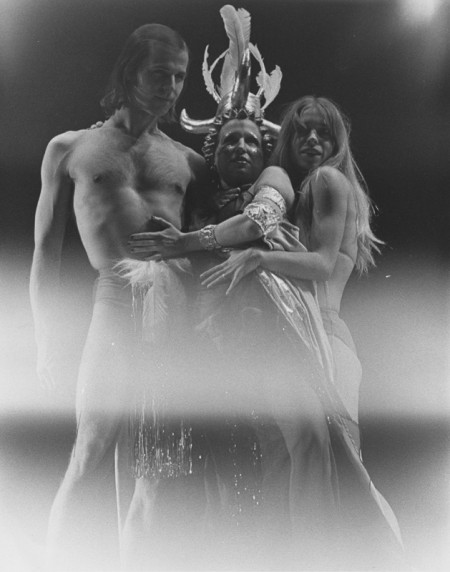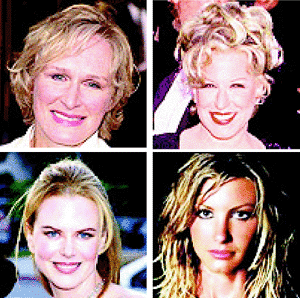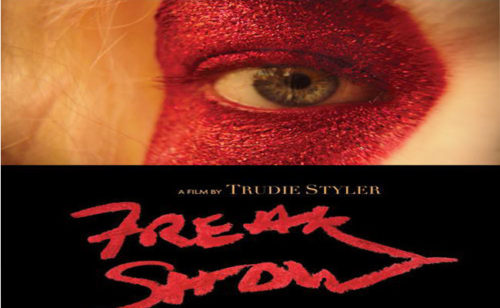Arizona Republic
May 3, 1971
SEATTLE, Wash. – The Seattle Opera Association’s original production of the rock opera “Tommy” has brought the age of Aquarius and the tradition-laden world of grand opera to a direct confrontation at center stage.
The result can only be described as “extraordinary” or “outta sight,” depending upon the orientation of the viewer.
At the world premier of “Tommy” last week , the opening night audience – young and old alike – was on its feet clapping and cheering through the rousing finale.
The words and music to “Tommy” were composed and recorded on a best-selling album by the British rock group, “The Who,” in 1969, but had never been performed as other than a concert work.
Richard Pearlman, former artistic director of the Opera Society of Washington, D. C., was commissioned by Seattle Opera to take the lyrics and music of “Tommy” and turn it into a real rock opera – the first of its kind.
To say that Pearlman succeeded is an understatement.
The operatic production of “Tommy” is literally stunning in its totally original artistic conception and its enthusiastic performance by a talented young cast.
But it is the multi-media film work by designer and cinematographer Ronald Chase of San Francisco that really brings to life the concepts of the opera and transports the audience into the formerly off-limits world of the deaf, dumb and blind boy Tommy, struggling to break out of his sensory isolation and become a real human being.
Despite the trappings of the world of rock concerts and rock musical s such as “Hair,” there is no question that “Tommy” is opera – a different type of opera, but opera nonethelees.
It is the story of a young boy, traumatized by certain aspects of his life and of modern American society, who retreats into the closed world of the deaf, dumb and blind, represented by his costume of mummy-like bandages.
The plot, which follows Tommy through his painful emergence as a sensitive human being, his later acceptance of the phony trappings of success as a rock superstar and his eventual rejection of the world of glitter and materialism for the “true” values of nature, love and peace, is directly attuned to the revolution in life style of today’s youth.
One of the really engaging aspects of the opera is the open-minded nature of the onstage events, allowing each member of the audience to determine the proper relationship s and meanings.
There is enough symbolism to keep even a dedicate Wagnerian opera buff speculating for weeks.
Although deep in meaning, especially for the young, who identify strongly with the message, the work is- easily understood and enjoyable if taken at face value.
The popular music in “Tommy” is performed by the f o u r -m a n rock group, Cannon Ball, in a faithful rendition of the score at a volume level appropriate for a stage production.
The entire production of “Tommy,” highlighted by an, extraordinary performance by Bette Midler as Tommy’s mother and as the acid queen, Tommy’s seducer, can only be described as a turning point in modern America opera.








i was there. i have the poster.
Tell us about it. Thats awesome